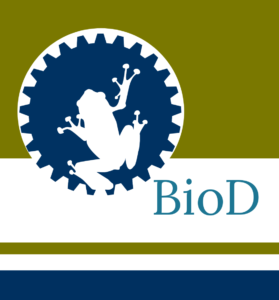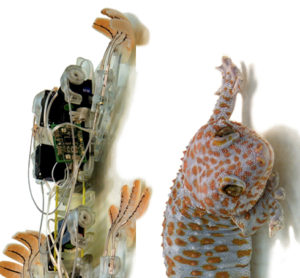Paper, “Cellulose derivatives-snail slime films: New disposable eco-friendly materials for food packaging”
In recent decades, synthetic plastic polymers have been the most practical and economical solution for packaging applications due to their low cost, availability, excellent optical, mechanical and barrier properties and resistance against water. However, most of the plastics used for packaging are hardly biodegradable. With a view to a circular economy, the aim of this work focused on the development of a new material made of commercial cellulose derivatives (hydroxypropyl methyl cellulose or carboxymethyl cellulose) mixed with snail mucus extracted from Helix Aspersa Muller. Increasing in Snail Mucus content enhances films elongation and adhesion strength while decreasing water vapor permeability. The cellulose-snail mucus based films are highly transparent but, more interestingly, the mucus confers UV-screening effect. In addition, the composite films exhibit antimicrobial activity against both Gram-positive and Gram-negative bacteria. Furthermore, snail mucus addition to carboxymethyl cellulose strongly decreases films solubility in water. The biodegradation tests indicate that all the films degrade in soil between two and four weeks. The excellent results indicate that these biocomposite films are very good candidate for food packaging.
Learn about our two Decals!
 Click here to find out more about our Fall Bioinspired Design Decal and our Spring Bioinspired Design in Action Decal – ALL MAJORS are welcome.
Click here to find out more about our Fall Bioinspired Design Decal and our Spring Bioinspired Design in Action Decal – ALL MAJORS are welcome.Berkeley BioDesign Community
 Click here to learn about the BioD: Bio-Inspired Design @ Berkeley student organization or here to signup for more info.
Click here to learn about the BioD: Bio-Inspired Design @ Berkeley student organization or here to signup for more info.Search
Student Login




I imagine that the neurological circuits underlying these processes are governed by both 2d spacing maps with their brains as…
to reduce the impact of car accidents, it may be possible to study the force diverting physics of cockroaches to…
you see this type of head-bobbing stability in many avian creatures related to pigeons like chickens. the head ability to…
not like they taught horses how to run! this is an example of convergent evolution where both sea creatures and…
The brain functions in a similar way with neuronal connections. our brains are able to utilize the multiplicity of connections…